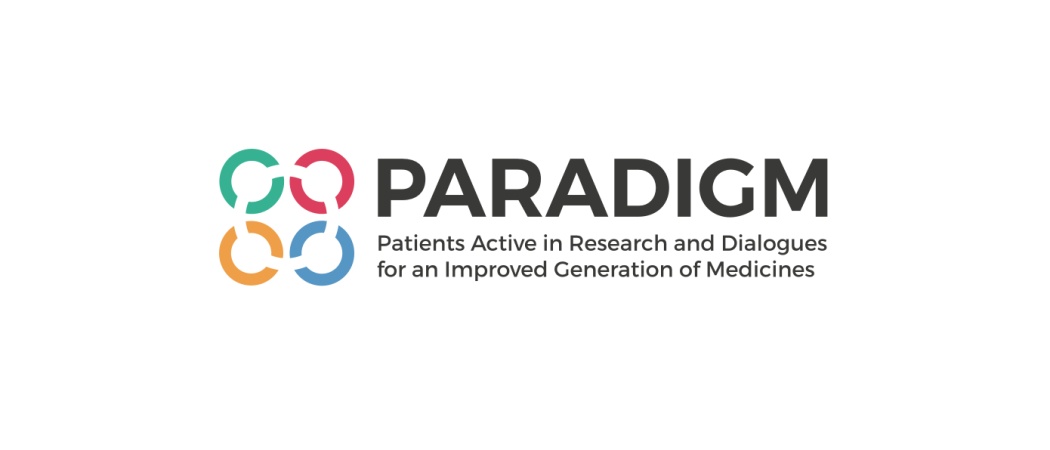Aim is to embed patient involvement - in setting research priorities, the design of clinical trials and dialogue with regulators and health technology assessment bodies - in health systems design

A new collaboration involving 34 public and private partners has been formed in a bid to enable patients to be actively engaged in the drug development and approval processes.
Paradigm - Patients active in research and dialogues for an improved generation of medicines - comprises a mix of partners from patient organisations, regulators, universities, not-for-profit organisations, SMEs, trade associations and pharmaceutical companies.
The consortium is funded by the EU’s Innovative Medicines Initiative and led by the European Patients’ Forum and the industry body, the European Federation of Pharmaceutical Industries and Associations.
Paradigm says patient engagement in biomedical research a key to better health outcomes. The consortium will build on existing tools, fill knowledge gaps, define how to make all tools available to those who need them, raise awareness amongst those who think they do not need them and build a sustainable roadmap for patient engagement.
At the end of the 30 months life span of the project, patients and researchers will have access to a framework that allows structured, meaningful, sustainable and ethical patient engagement throughout three key decision-making points of the development of drugs: the research priority setting; the design of clinical trials and the early dialogues with regulators and HTA bodies.
Paradigm will work with other patient engagement initiatives, organising the first Open Forum on Patient Engagement jointly with Eupati, the European Patients’ Academy on Therapeutic Innovation and PFMD, Patient Focused Medicines Development.
“The first Open Forum on Patient Engagement is a stepping stone toward synergies and alignment between the project partners and extended patient engagement community,” said Mathieu Boudes, Paradigm project coordinator. “In the coming months, Paradigm will invite researchers, patients, regulators, HTA bodies and all other biomedical research players to join the extended project community and engage to provide different perspectives and input,” Boudes said.
Nicola Bedlington, secretary general of the European Patients’ Forum, said the project represents a very timely paradigm shift. “[It] goes hand in hand with the universal recognition of the importance of patient education, as demonstrated by Eupati, and a similar need to embed patient involvement in wider health systems design and strengthening.”





 A unique international forum for public research organisations and companies to connect their external engagement with strategic interests around their R&D system.
A unique international forum for public research organisations and companies to connect their external engagement with strategic interests around their R&D system.